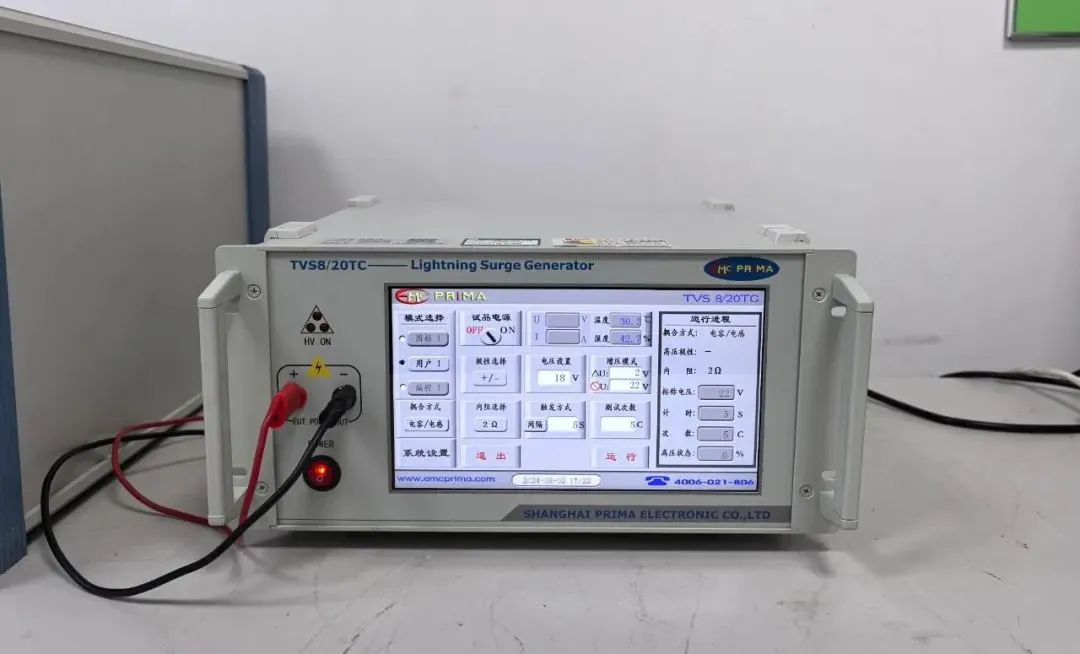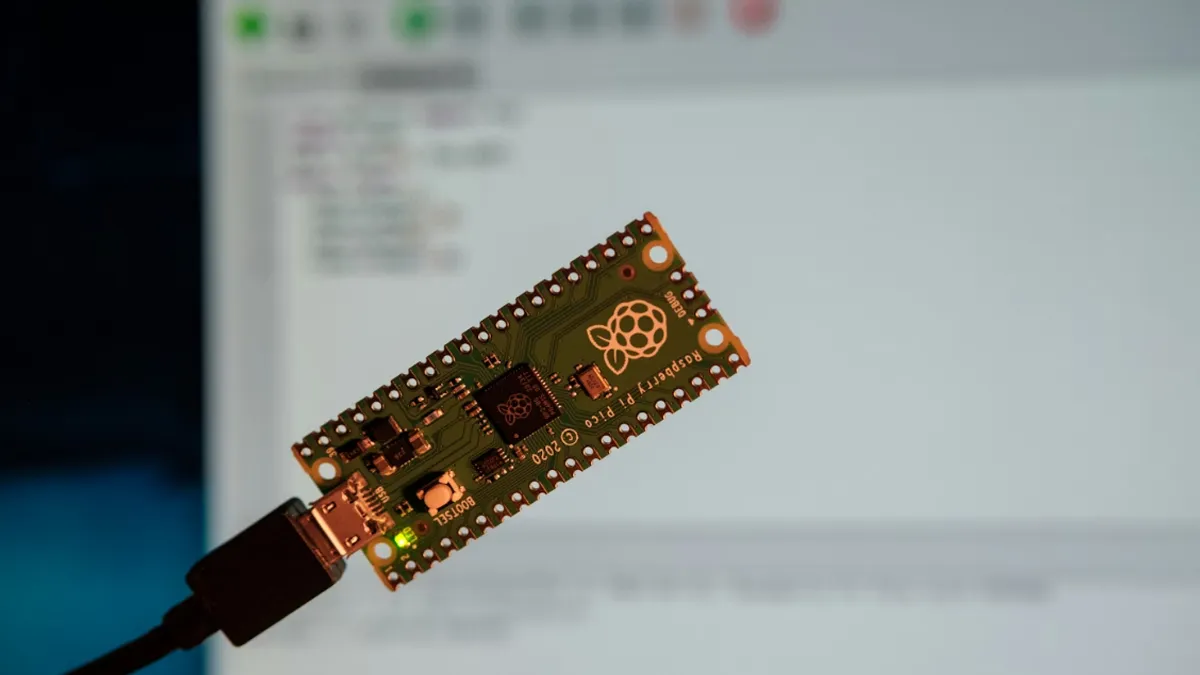
How to get a TISI Certificate in Thailand?
TISI stands for the Thai Industrial Standards Institute. It is a government agency under the Ministry of Industry of Thailand, responsible for formULating standards that meet both domestic and international needs. It also monitors products and conformity assessment procedures to ensure compliance with standards and accREDitation requirements. TISI serves as the official authority for mandatory certification in Thailand and also functions as the standards-setting body, certification body, laboratory accreditation body, and personnel training and registration organization. It is important to note that there are no non-governmental mandatory certification bodies in Thailand.

Thailand implements a dual TISI certification system that includes both mandatory and voluntary certifications. For products that meet established standards, the TISI mark may be used. For products without established standards, TISI implements a product registration system as a temporary certification measure.
The standards formulated by TISI are designed to meet the needs of national industry, enterprises, econoMIC development, government policy, consumer protection, and environmental and natural resource conservation. TISI provides product certification programs, which include two types of certification marks: the voluntary certification mark and the mandatory certification mark.
Applicable Product Scope
TISI standards cover technical specifications, product characteristics, operational performance, raw material quality, and testing procedures. Currently, over 2,000 standards exist, covering many consumer products such as food, electrical appliances, vehicles, and construction materials.
The Thai government mandates certification for products in 60 major categories across 8 sectors, including:
- Electrical equipment and accessories
- Medical devices
- Construction materials
- Daily consumer goods
- Vehicles
- PVC pipes
- LPG gas containers
- Agricultural products
All other product categories fall under voluntary certification.
Application Process
1. The client provides product and importer information to China JJR Laboratory, which contacts the local Thai importer to gather necessary documents.
2. The client provides samples and test documentation. China JJR Laboratory sends the samples to a TIS-accredited laboratory in Thailand for testing.
3. China JJR Laboratory confirms the factory inspection date with the client and Thai engineers. The inspection schedule must be confirmed two weeks in advance. China JJR Laboratory assists with and interprets during the inspection.
4. China JJR Laboratory follows up on testing and factory inspection reports. Once both are completed, the TISI certificate is issued.
Required Documents
1. Basic product information (including product name, model, specifications, and trademark)
2. Technical documents (including circuit diagrams, layout, labels, key component list, manuals, specifications, etc.)
3. Product photos
4. Factory ISO system certificate, quality control plan, flowchart, and quality manual
5. Factory quality management procedure documents
6. Product samples
Other Notes
- The TISI standard number applicable to the product must be indicated under the certification mark.
- Before or during the TISI application process, the product nameplate must not display the TISI mark.
- After receiving the TISI certificate, the TISI certification mark and the name of the certificate holder must be printed on the product.
- Safety labels must be affixed to the product before it enters Thailand.
Email:hello@jjrlab.com
Write your message here and send it to us
 What Are the EU Compliance Requirements for Floor
What Are the EU Compliance Requirements for Floor
 What Compliance for Peeling Machines to Europe and
What Compliance for Peeling Machines to Europe and
 Does Your Product Need to Comply with UL 61010?
Does Your Product Need to Comply with UL 61010?
 Certification for Pet Appliances Exported to Europ
Certification for Pet Appliances Exported to Europ
 How to get the CE-RED Certification Directive?
How to get the CE-RED Certification Directive?
 CE Certification for Electrical Equipment Exported
CE Certification for Electrical Equipment Exported
 How to Achieve TELEC Certification Compliance?
How to Achieve TELEC Certification Compliance?
 What is EU CE-RED Directive Certification?
What is EU CE-RED Directive Certification?
Leave us a message
24-hour online customer service at any time to respond, so that you worry!




